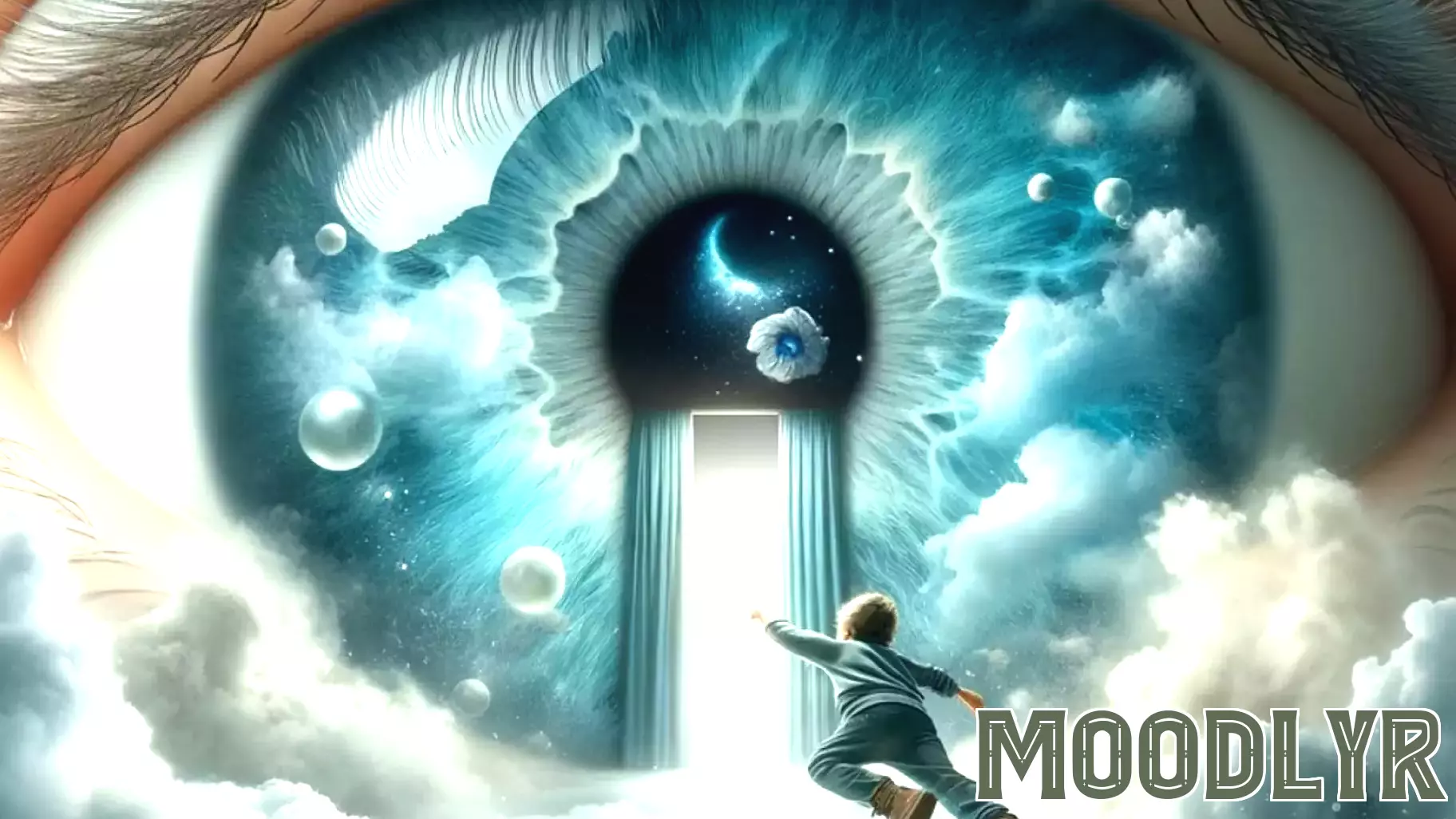April 12, 2025 - 17:42

In the face of claims by anti-diagnosis theorists, it's crucial to recognize that psychoanalytic diagnoses serve as essential tools in understanding and addressing real issues in mental health. These diagnoses provide a framework for identifying the complexities of human behavior and emotional struggles, guiding clinicians in their therapeutic approaches.
Critics may argue that labeling individuals can lead to stigmatization or oversimplification of their experiences. However, a well-informed diagnosis can illuminate underlying patterns and facilitate effective treatment strategies. By acknowledging the multifaceted nature of mental health conditions, psychoanalytic diagnosis allows for a more nuanced understanding of patients’ needs.
Moreover, a diagnosis can empower individuals by validating their experiences and providing a pathway to recovery. It opens the door for targeted therapeutic interventions, fostering a collaborative relationship between therapist and patient. As mental health continues to evolve, the role of psychoanalytic diagnosis remains vital in bridging the gap between theory and practice, ensuring that individuals receive the care they deserve.



